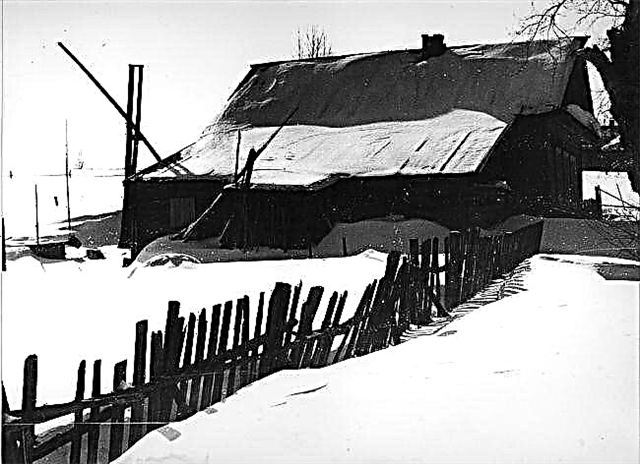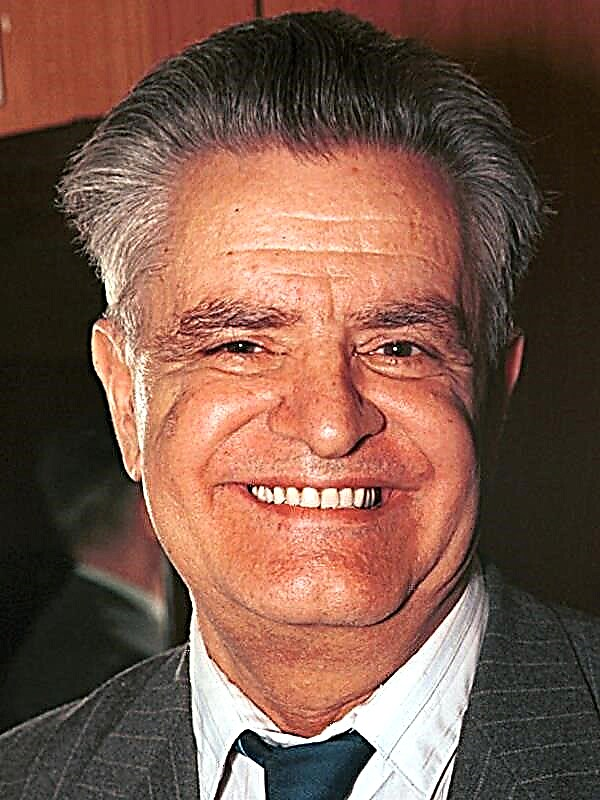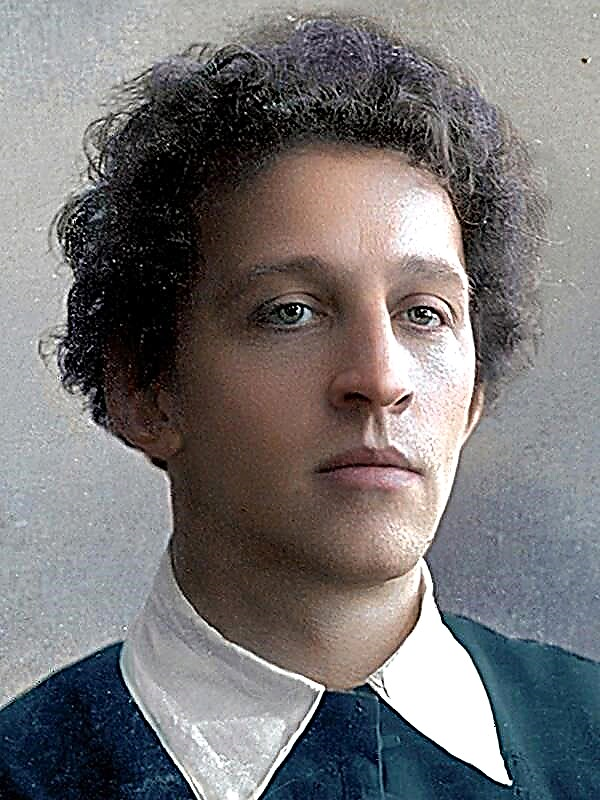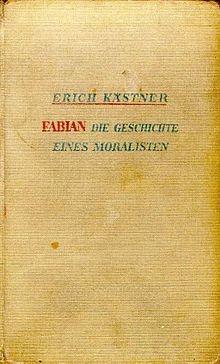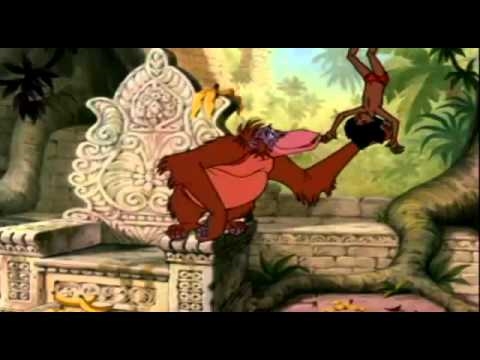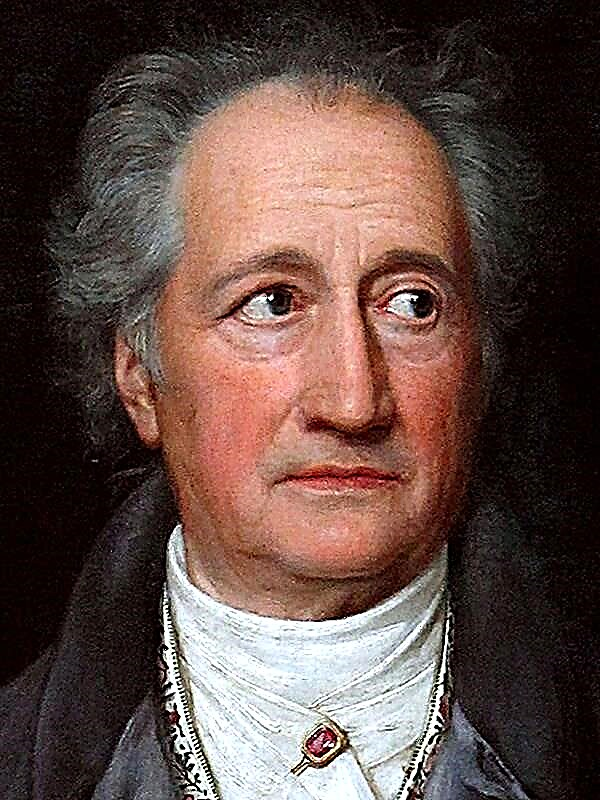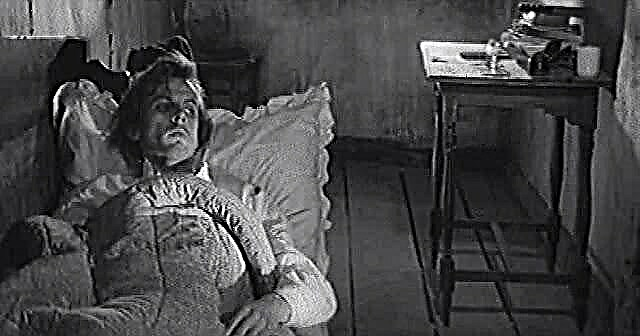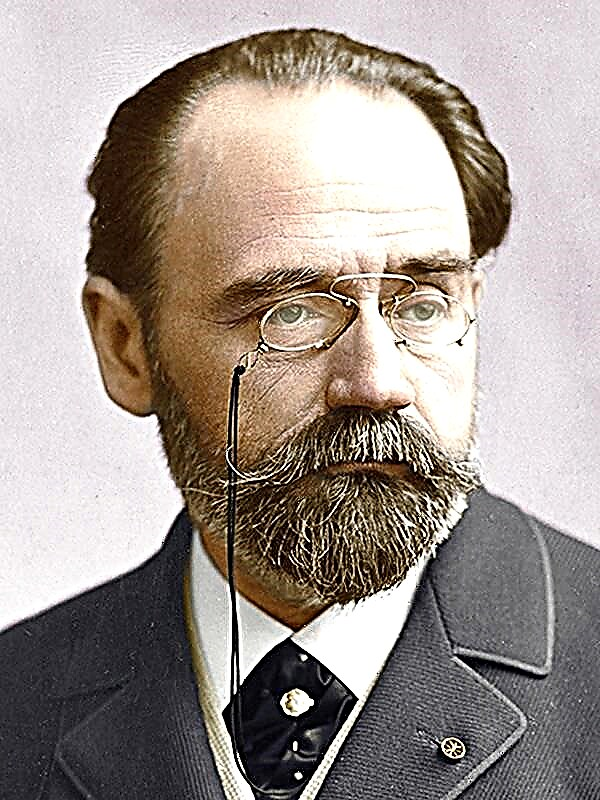Confusion reigns among the courtiers in the Prague Castle of the King of Bohemia, Przemysl Ottokar. Ottokar divorces his wife Margaret of Austria, widow of the German emperor Heinrich von Hohenstaufen. The king entered into this marriage for reasons of profit, in order to take possession of Austria, inherited by the queen. Margarita, the “queen of tears,” who lost two children in her first marriage, understands this well. She already has neither hope nor desire to have an heir. She became the wife of Ottokar in order to avoid endless wars, wanting to connect Bohemia and Austria with the world. Before her eyes, the noble von Rosenberg family started intrigues breaking the already weak bonds of her marriage with Ottokar in order to marry the king to young Berthe von Rosenberg and become closer to the throne. However, because of his greedy plans, Ottokar quickly abandons the girl, not caring at all about the honor of herself and the honor of her family. He already has other plans. Margarita tells this to Count Rudolph von Habsburg, the future emperor of the Holy Roman Empire, bitterly noting how much evil Ottokar did. The noble Margarita, the heiress of an ancient family, is forced to give him Austria and Styria, inherited by her, before divorce, so as not to cause new bloodshed. She still believes in the mind and humanity of Ottokar.
Ottokar's love of power has no barriers and borders. He dreams of conquering all of medieval Europe. For his Prague, he wants the same power and glory that he enjoyed in the 13th century. Paris, Cologne, London and Vienna. Strengthening the power of the Czech Republic requires more and more victims. Without doubt of Margarita’s understanding, Ottokar confidentially informs her that he “launched his hand” in Hungary, intending to marry Kunigunda, the granddaughter of the Hungarian king. “My country now marries and breds me,” he says cynically. In vain Margarita warns him that unrighteous deeds are usually accompanied by manifestations of anger and betrayal behind the back of the winner. Ottokar feels his strength and good fortune, is not afraid of enemies, and is indifferent to human destinies.
The princes of the Holy Roman Empire sent an embassy to Ottokar with a proposal to accept the imperial crown if the choice fell on him at the election ceremony of the emperor at the Sejm in Frankfurt. But the arrogant king is in no hurry to answer, “first let them choose,” then he will answer. Neither he, nor his courtiers, no one doubts that they will elect him - the strongest. Fear will make such a choice.
In the meantime, the motley Bohemian nobility and military leaders, knights of Austria, Carinthia, Styria gathered in the throne room of the royal castle to the sounds of fanfare. Tatar ambassadors came to ask for peace. The King of Hungary is present with his children and Kunigunda. Everyone glorifies Ottokar, everyone is in a hurry to prove their loyalty and proclaim it, not yet elected, as the German emperor.
The ambassadors of the Holy Roman Empire and Count von Habsburg, under their auspices, are leading Margarita now unwanted here from the festival. They are outraged by the cruelty and treachery of Ottokar.
The young queen, the beautiful “arrogant Magyar” was already disappointed in her middle-aged wife, who was only interested in public affairs. Kunigund misses his father’s cheerful yard, where all the men of the kingdom served with enthusiasm. Zivish von Rosenberg starts an affair with her, until Ottokar's secret enemy, his court and trusted, is revealed. But women are only a means of prosperity for Ottokar, and he is sure that the clever Tsivish will not dare to encroach on the honor of the king.Like a bolt of thunder from a clear sky for all, there is a message that at the famous Sejm in Frankfurt, Ottokar, but Rudolph von Habsburg, was elected the German emperor. The opinion of those who were outraged by the indefatigable lust of Ottokar, his inhuman acts, lawlessness, committed on lands subordinate to him, won. The empire needs a fair sovereign, and not one who walks on corpses.
The new German emperor invites Ottokar to himself to discuss the need to return all those lands that were captured by him with a sword or intrigue. It will be a fair and lawful act that meets the interests of the Holy Roman Empire. But what can the Bohemian king answer to the emperor, except as a refusal to meet and the threat of new bloody wars that replace him with politics?
On the Danube, on the opposite banks, are the armies of Rudolf von Habsburg and Ottokar. Panic reigns in the Bohemian camp of the king, Austrians and Styrians run across to the emperor’s side. In impotent rage, Ottokar threatens to turn Austria into a deserted desert. But the harsh reality forces him, an experienced warrior, to recognize the inevitability of the peace negotiations proposed by the emperor.
Rudolf von Habsburg is a wise, caring and fair ruler, he is completely devoid of ambition, lives only on the interests of the empire and his subjects. This is the exact opposite of Ottokar. Two months after his election, he managed to rally the princes around him, he is respected even by opponents. Sparing the pride of Ottokar, Rudolph offers no man's land for negotiations. Zivish von Rosenberg persuades Ottokar to continue the war, promising victory. After a long internal struggle, Ottokar agrees to negotiations, convinced by the only courtier devoted to him - the chancellor, who believes that only in this way Ottokar can save his honor and glory, save the country from bloodshed.
At the meeting, in the crown and armor, the arrogant Ottokar finds himself in an unusual position for him. The emperor firmly demands from Ottokar the return of what is rightfully owned by the empire, including Austria. At this time, the mayor of Vienna brings the emperor the keys to the capital. The knights of Styria voluntarily come to seek protection from the Ottokar from the emperor. “God's will” forbids fighting, says Rudolph. Having become an emperor of “sacred choice,” realizing the burden of his responsibility to nations and every single person, Rudolf vowed to “protect the world and rule rightly,” he calls on Ottokar to do this, because to give peace to the people means to make him happy.
Ottokar agrees to return all the lands, while accepting - permission to rule Bohemia and Moravia. He agrees to the emperor’s demand to kneel at this ceremony - not before the mortals, as Rudolph explains, but "before the empire and God." Rudolph delicately shields the stage of kneeling from unnecessary glances with a tent. This is prevented by Zivish, having cut down the tent and exposing the king in front of the shocked retinue.
Rudolph invites Ottokar to a feast in honor of the "bloodless victory." But Ottokar, feeling humiliated, tears off the crown and runs away.
For two days he hides from everyone, and then he comes to the door of his castle, sits at the doorstep so as not to “defile” the castle by himself. Before him passes Berta, abandoned by him, who has fallen into insanity. The young queen curses her fate and reminds the king of those recent times when he sacrificed other people's lives. She refuses to be his wife until the shame of defeating the king is washed away.
Heated by the Kunigunda, Ottokar decides to break the peace treaty and gather troops for the battle with the emperor. Now he is defeated in everything - on the battlefields and in his personal life. Kunigunda escapes with Tsivish to the camp of the emperor. Margarita dies from a “broken heart”. Resentment, pain and regret for an unrighteous life take possession of Ottokar.Before the last battle in his life, he realizes how tragic and fatal his rule was. And not from the fear of death, but from sincere repentance he asks God to judge himself: "Destroy me, do not touch my people."
Ottokar’s life ends in a duel with a knight once loyal to him, avenging his father who died due to the fault of Ottokar, for his beloved Bertu. In front of the coffin with the body of Ottokar, the prayers of the mad Berta and the instructions of Rudolph, transmitting the rule of Austria to his son, are heard. The German emperor warns the successors of a kind from the most terrible pride - the desire for world power, Let the greatness and fall of Ottokar serve as a reminder and reproach!

